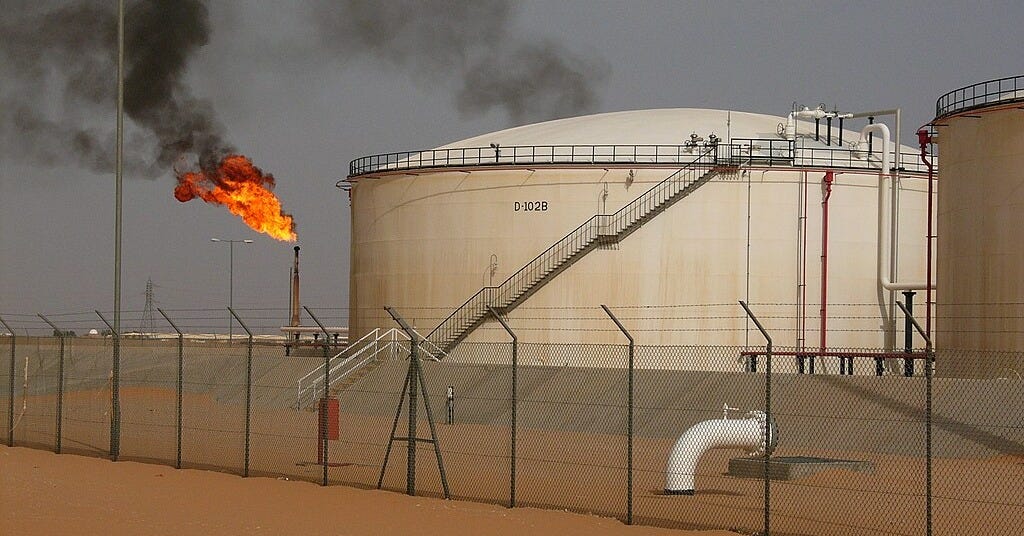Turkey–Libya Pact: Migrants, Gas, and the Mediterranean Chessboard
Ankara’s maritime deal reignites disputes over energy, sovereignty, and migration.
Turkey has deepened its partnership with Libya’s eastern authorities, signing new deals on maritime rights, gas exploration, and infrastructure. The pact extends Ankara’s influence across the Mediterranean, reviving tensions with Greece and the European Union.
Image: El Saharara oil field, Libya by Khatibzadeh, CC BY-SA 3.0.
At the heart of the deal is a contested maritime demarcation that Ankara first pushed in 2019. By aligning with Libyan factions, Turkey is pressing its claims against Greece and Cyprus, hoping to unlock undersea energy reserves. For Europe, this is not only an energy dispute but also a security one: the same pact includes cooperation on migrant flows, raising the specter of Ankara leveraging migration as political pressure.
Libya’s fractured politics make the arrangement even riskier. Turkey’s support for eastern factions runs counter to prior alignments with Tripoli’s government, further complicating an already volatile balance. For Brussels, the stakes are high—energy security, border control, and the credibility of Mediterranean sovereignty.
Our Take: The Turkey–Libya pact illustrates how energy and migration are now weaponized together. The thin red line lies in the Mediterranean’s fragile equilibrium: push too far, and disputes over maps could spill into confrontation at sea.

